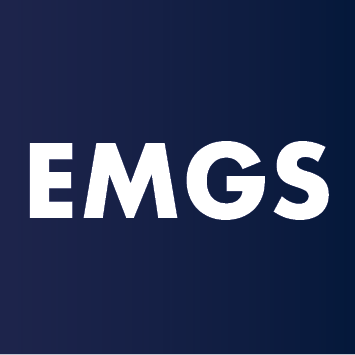The two-year programme combines innovation, interdisciplinarity, and academic excellence with transnational and transregional academic mobility. Students take courses at two participating European universities for one academic year each, and may choose to spend the third term at a non-European partner university instead of the European destination.
The EMGS Consortium partner universities offer a unique combination of different specializations in research and teaching on the past, present, and future of the global. Central to the EMGS programme’s understanding of global studies is the promotion of a historicizing and comparative analysis as well as a critical, post-colonial perspective. The EMGS approach is further complemented by the partner universities and their different foci and expertise while being successfully combined through not only individual student mobility but also a number of joint events.
The Erasmus Mundus Master in Global Studies was amongst the first joint master’s programmes receiving support through the European Commission’s Erasmus Mundus funding scheme, fostering student mobility and academic excellence across and beyond Europe. After its creation in 2005, the work of the EMGS Consortium has been recognized by the European Commission for its success and innovation, receiving further funding in the subsequent application rounds in 2010, 2015, 2019 and 2023.
The founding members of the EMGS Consortium were Leipzig University (Germany), acting as the coordinating university, along with the London School of Economics and Political Science (UK), the University of Vienna (Austria), and the University of Wrocław (Poland). The consortium was enlarged in 2010 and 2015 to include Roskilde University (Denmark) and Ghent University (Belgium), respectively. In 2023 the London School of Economics and Political Science left the consortium and is now offering a Double Master in Global Studies and Economic History with Leipzig University.
The EMGS Consortium established partnerships with four well-known non-European partner universities in 2006, at which European EMGS students can spend one term: Dalhousie University (Canada), Macquarie University (Australia), the University of California, Santa Barbara (USA), and Stellenbosch University (South Africa). The non-European partnership expanded in 2010 to include Fudan University (China) and Jawaharlal Nehru University (India), extending both the geographical coverage and academic scope of the programme.
The high quality of the programme is continuously ensured through a regular evaluation process by its students, alumni, and the teaching and administrative personnel as well as by external review. The programme went through an accreditation process in 2012 and 2020, now following a European approach.
